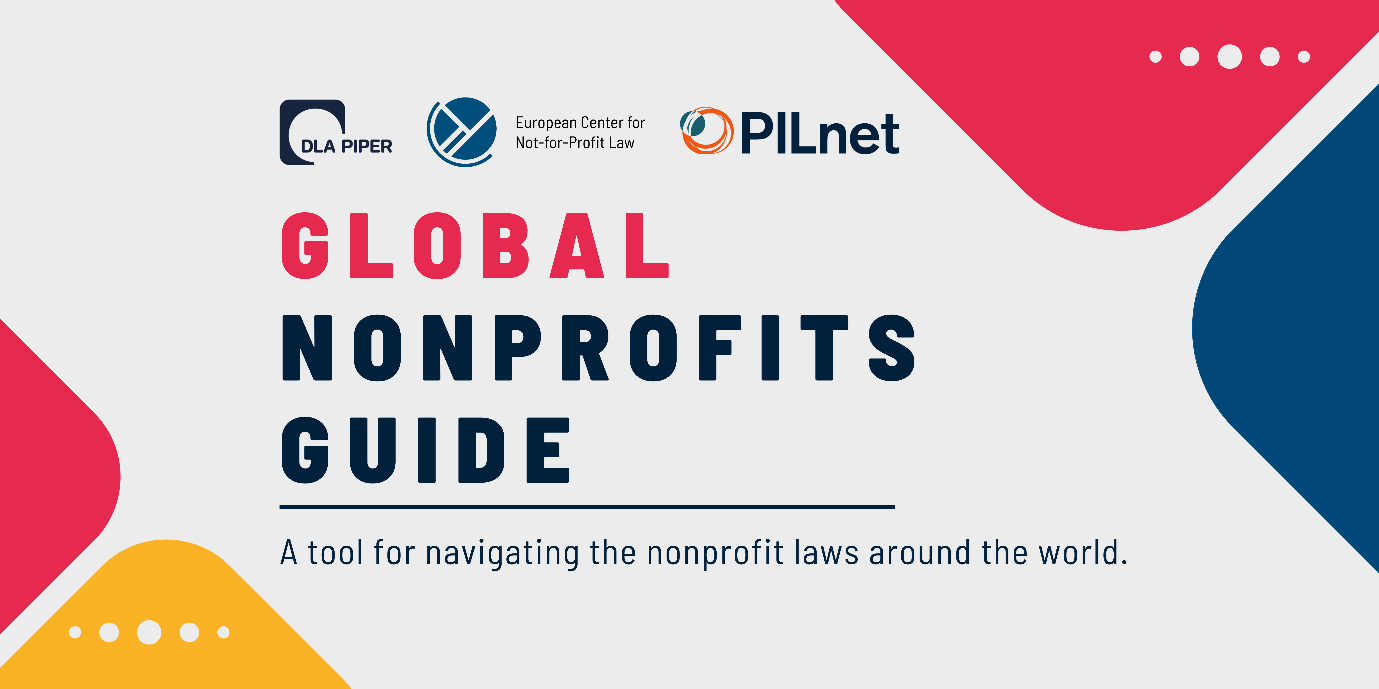
Launch of free online tool helping civic organisations who are forced to relocate
Defending Civic Space grantee the European Center for Not-for-Profit Law (ECNL) has launched a free online tool, the Global Nonprofits Guide, to help civic organisations navigate legal challenges when they need to relocate to another country.
For example, after the Russian invasion this year, civil society groups in Ukraine and some surrounding countries needed quick information on how they can keep up their crucial work providing humanitarian aid and support to communities. Many chose to set up offices in another country, but this decision brought with it a flurry of legal questions. What are the applicable laws when registering an organisation elsewhere? Can foreign nationals be founders? What is the process to open a bank account?
For these organisations impacted by war, but also other geo-political events or authoritarian regimes resulting in restrictions on their work in their home countries, it is vital to get concise, up-to-date and easily understandable information on the laws that apply in different jurisdictions. However, laws vary from country to country, and nonprofits often work on a shoestring budget: trying to hire a lawyer to find answers to all these questions can burden limited resources.
The Global Nonprofits Guide is a tool where nonprofits can easily search for legal information on registration and operation, and compare between different countries’ laws. In addition to information on the registration processes, it includes employment and tax regulations as well as fundraising rules. It covers 28 countries so far and is expanding on a rolling basis.
Considering the complexity of banking requirements, ECNL has also created another platform dedicated solely to nonprofit banking to easily compare how to open and manage an organisational bank account in European countries.
ECNL work with the law firm DLA Piper and the legal network PILnet on the Global Nonprofits Guide project, in collaboration with pro bono lawyers, to compile the information presented in the tool.
Return to grantee stories
